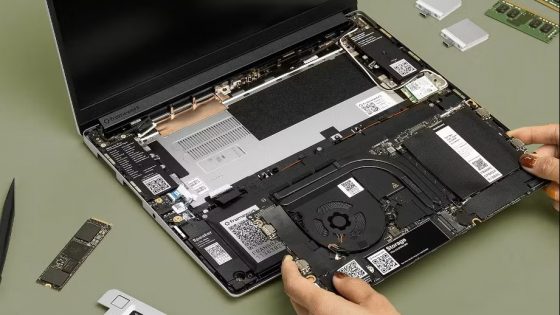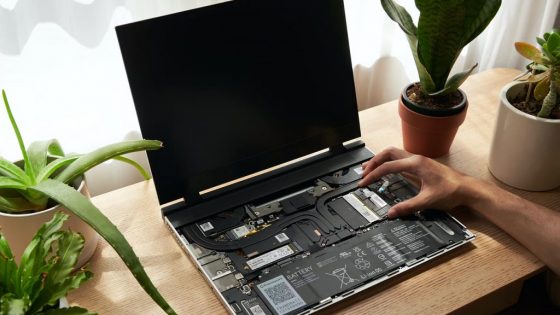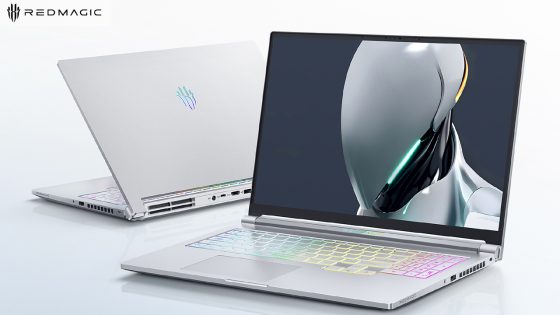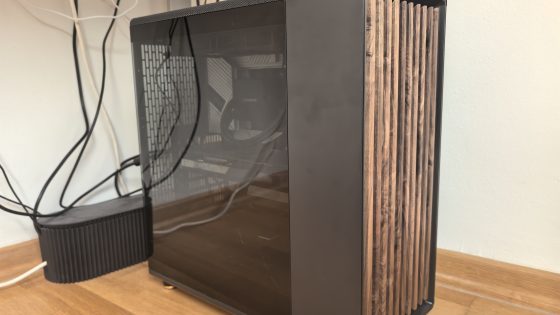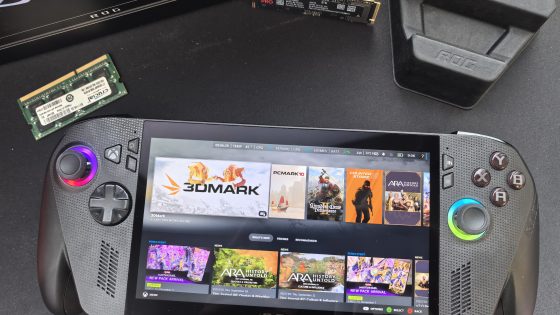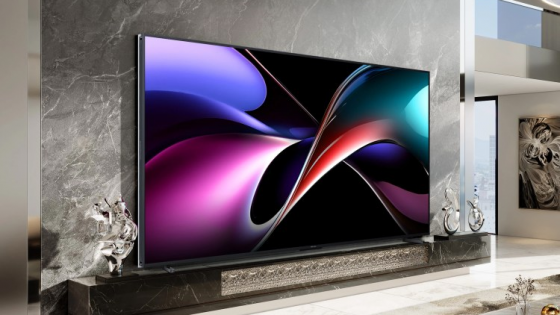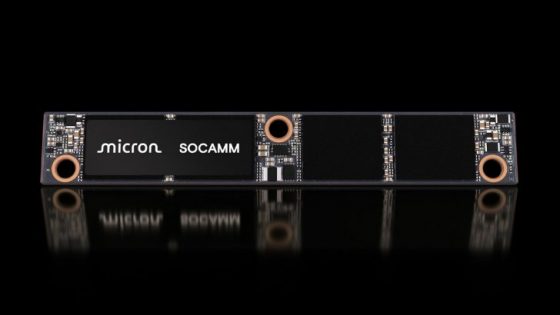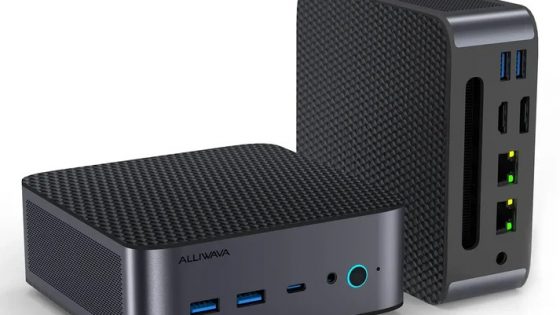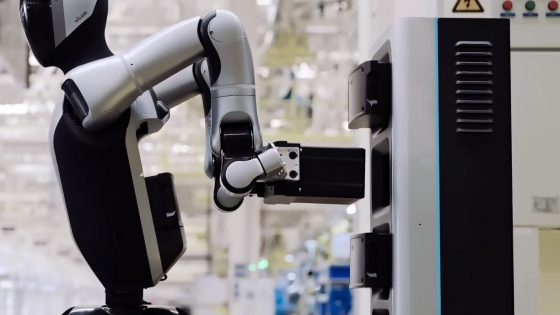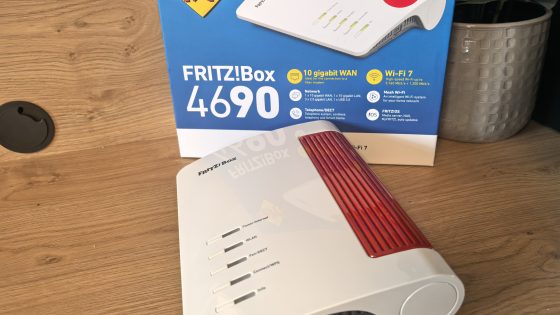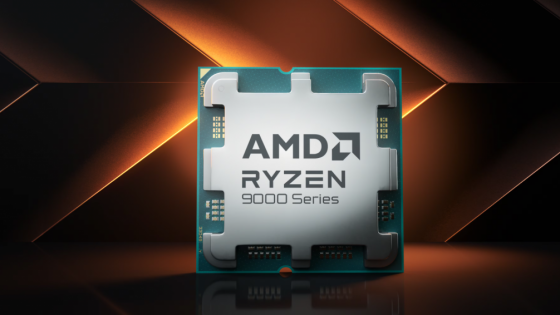Passive cooling of computer components with salt water?

The future of computing and cooling solutions looks much more interesting than traditional air- or liquid-cooled processors. Recently, Chinese developers introduced membrane-enclosed passive moisture-absorbing cooling for high-performance, low-cost, and long-lasting thermal management of electronics.
Analysis by Tom's Hardware suggests that a revolutionary cooling method involving salt water could improve processor performance by up to 32.65 %.
The project, developed in China, is a collaborative effort between researchers who wanted to create a new passive cooling method similar to Frore's Airjet semiconductor device. However, instead of a vibration-activated airflow, this unusual approach uses a saltwater solution that simultaneously allows moisture to be absorbed from the surrounding air and evaporated from a membrane placed inside the unit.
Although salt water initially raises fears of corrosion, this cost-effective alternative provides 10 times longer effective CPU cooling than modern alternatives, as the lithium bromide is securely sealed and remains porous, and the absence of moving parts is said to significantly reduce wear. During testing, the researchers found that the HSMHD cooler could keep the unnamed processor running comfortably at temperatures below 64°C for more than six and a half hours.
Currently, the closest competitor to this salt-based cooler is a metal-organic framework (MOF), which has an equally confusing explanation of its inner workings. However, the chromium-based MOF is said to be 1,000 times less cost-effective than this new HSMHS solution, according to an additional review of the paper by Tom's Hardware.
Researchers from the City University of Hong Kong and the School of Power and Energy Engineering at Huazhong University of Science and Technology in Wuhan conducted their tests with the final model, but claimed it was a cost-effective, self-regenerating solution.
This unusual solution for CPU thermal control won't be used in your next laptop or even the next Xbox, as the researchers behind the technology have set their sights on batteries for solar power and cooling entire buildings such as data centers. That's not to say the technology can't be adapted to the everyday desktop, but it's doubtful that a saltwater solution will replace your CPU cooler in your next custom PC build any time soon.
At the moment, this is just an interesting research project that promises a bright future for passive cooling technology. Anything that eliminates the need for oversized fan units or fluid pumps will naturally improve the potential performance of thin hardware like portable gaming handhelds and even smartphones.



